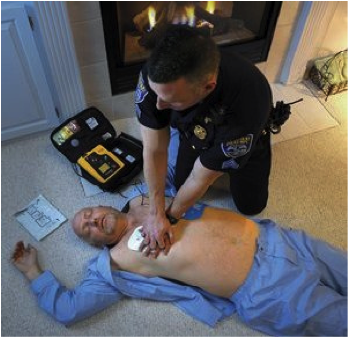Good Samaritan Laws should not be confused with the duty to rescue. Under the common-law (English common-law), Good Samaritan Laws provide a defence against torts arising from attempted rescue or aid. Such laws do not necessarily constitute a duty to rescue, such as exists in some civil law countries and in the common law under certain circumstances. However, duty to rescue where it exists may itself imply a shield from liability from cases which require immediate attention or assistance where none is available or is yet to become available. These cases better described the concept called “duty to rescue”. A duty to rescue is a concept that arises in a number of cases which basically describes a circumstance in which a person or party can be held liable for failing to come to the rescue of another party in peril.
Under common-law, there is no general duty to come to the rescue of another. Generally, a person cannot be held liable for doing nothing while another person is in peril. Specifically however such duty may arise two situations first of which is during a situation where a person creates a hazardous situation. If another person becomes endangered by the situation then the creator has a duty to rescue the individual in peril. The second arises where a “special relationship” exists. Examples of these relationships are parent-children relationships, spouses, property owners whose property endangers invitees and employer-employee relationships. Where a duty to rescue comes to pass, the rescuer must generally act with reasonable care and can be held liable for injuries caused by reckless attempts at administering rescue or aid. In many states, as long as the respondent is an emergency worker, liabilities during these circumstances have been removed. Finally, the rescuer must not endanger himself when conducting the rescue.
Civil Law systems common in Europe, Latin America and Africa impose a more extensive duty to rescue. This can mean that if a person finds someone in need of medical help, he must take all reasonable steps to seek medical care and render any aid or first aid possible. Almost all cases of compulsory rescue simply require the rescuer to alert professionals such as police or medical workers with a phone call. Let us take the Civil Law system in Germany as an example. In Germany, “Unterlassene Hilfeleistung” (failure to provide assistance) is an offense according to paragraph 323cof the Strafgesetzbuch; a citizen is obliged to provide help in case of accident or general danger if necessary, and is normally immune from prosecution if assistance given in good faith and following the average reasonable person’s understanding of required measures turns out to be harmful. Also the helper may not be held responsible if the action he should take in order to help is unacceptable for him and he is unable to act (for example when unable to act at the sight of blood). In Germany, knowledge of basic emergency measures and First Aid and CPR Certification is a prerequisite for the granting of a driving license.
To summarize, the duty to rescue is enforced by law where it is provided and it is the citizens duty follow these laws as best as they can within the limitations provided by said laws.

